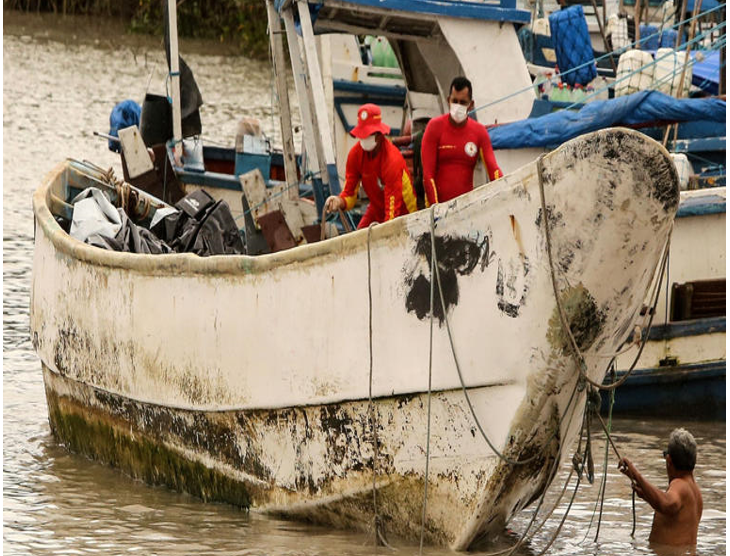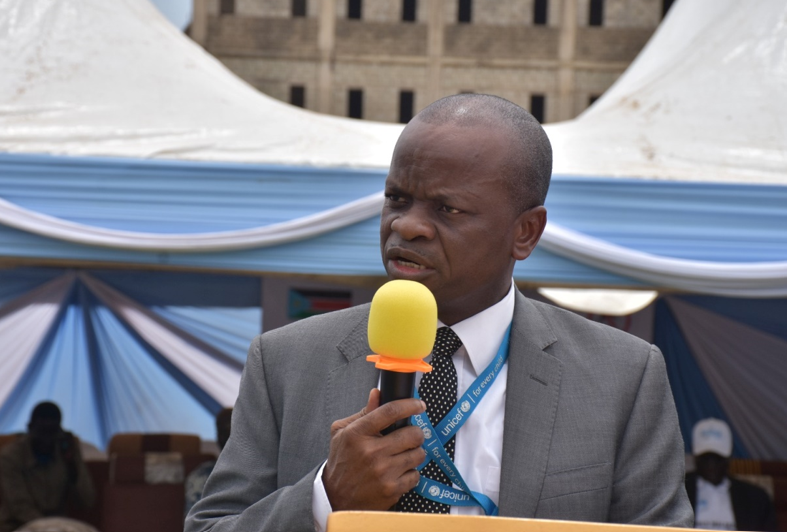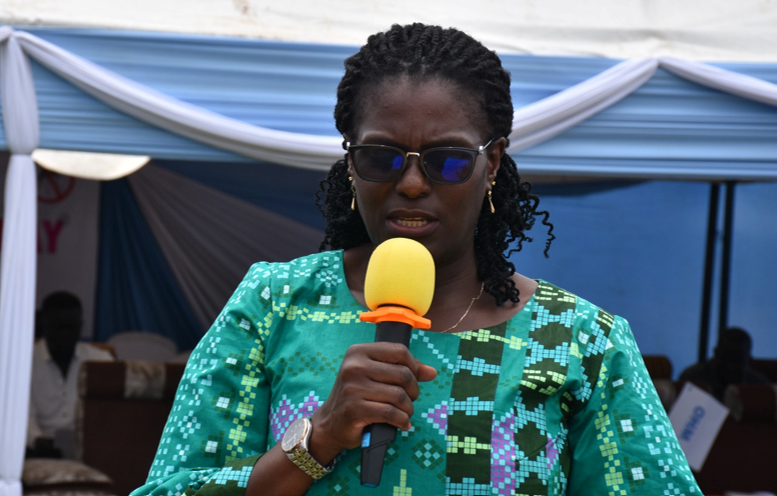South Sudan joins NAM to boost diplomatic relations

South Sudan is officially admitted to the Non-Aligned Movement (NAM), the second largest forum after the United Nations, said the Acting Minister for Foreign Affairs and International Cooperation, Deng Dau.
According to the ministry’s press release, NAM is a forum of 120 countries, including 53 African countries that are not formally aligned with or against a major power bloc, but represent the interests and ambitions of developing countries.
Deng stated that the membership of NAM would incentivize South Sudan’s bilateral relations with the NAM member states, giving the country a voice in the international arena to air concerns related to peace, security, and human rights.
“It is important because it widens the scope of our bilateral relations and gives South Sudan an international platform that has been absent for quite some time,” Deng stated.
The minister said the admission would open a wealth of opportunities for increased trade, investment, and development.
South Sudan is facing an uphill climb in the implementation of the revitalised agreement, with a number of key tasks in the agreement, including the finalisation of the security arrangements, still to be executed.
The United Nations Security Council (UNSC) renewed the arms embargo imposed on South Sudan on May 30 for a year until May 31, 2024, a decision the government protested saying it was biassed. The government has, for the umpteenth time, said the restrictions are preventing the implementation of the key chapters of the peace agreement.
At the time, the council cited continued intercommunal violence and the country’s failure to actualise the action plan for the armed forces in addressing conflict-related sexual violence. Being part of NAM may come at a timely moment when Juba needs more allies ahead of the vote slated for May 2024 by the UN Security Council.
Last week, President Salva Kiir had bilateral talks with South Africa’s Cyril Ramaphosa to consider advocating for the lifting of arms embargo imposed on South Sudan.
Kiir said categorically that the arms embargo had far-reaching implications for the revitalised peace agreement.
On June 15, the minister for presidential affairs, Dr. Barnaba Marial Benjamin, while delivering the speech of the president at the South Sudan Oil and Power Conference, said it was hard for the country to graduate the Necessary Unified Forces (NUF) without guns and uniforms.
Marial argued that targeted sanctions and an arms embargo were sending the future of the South Sudanese generations into an abyss.
“The arms embargo is really an obstacle to a lot of things. Targeted sanctions are harming the future of this country, and the fact that peace is being implemented is a reality. Let us see how long it will take,” Dr. Marial stated yesterday.
He urged the international community to consider lifting the arms embargo because the peace agreement was holding.
“In the case of the security arrangements, we have already trained and graduated nearly 53,000 troops. Tell me where in Africa you can train at one time 50,000 troops. So, we are asking that you please lift the sanctions,” he urged.
In April 2022, Kiir formed the unified command structure. In August 2022, the country graduated close to 53,000 of the first batch of the unified forces, who are waiting for deployment.
Now, about 50,000 forces are said to be ready for graduated for the country to hit 100,000 forces benchmark.
The benchmarks set by the Security Council for lifting the arms embargo are: the completion of stages 1, 2, and 3 of the defence and security review; graduation of a unified command structure and redeployment of the necessary unified forces; disarmament, demobilisation, and reintegration; progress on properly managing existing arm and ammunition stockpiles; and finally, the Joint Action Plan for the armed forces in addressing conflict-related sexual violence in South Sudan.


